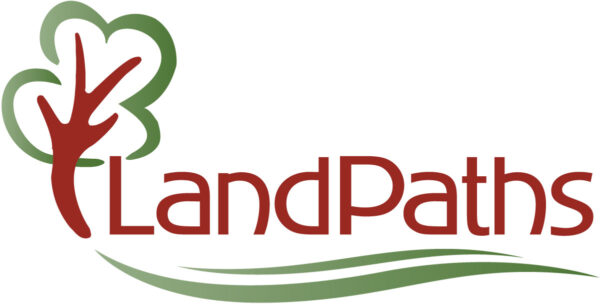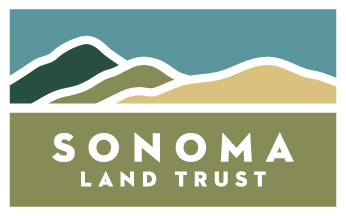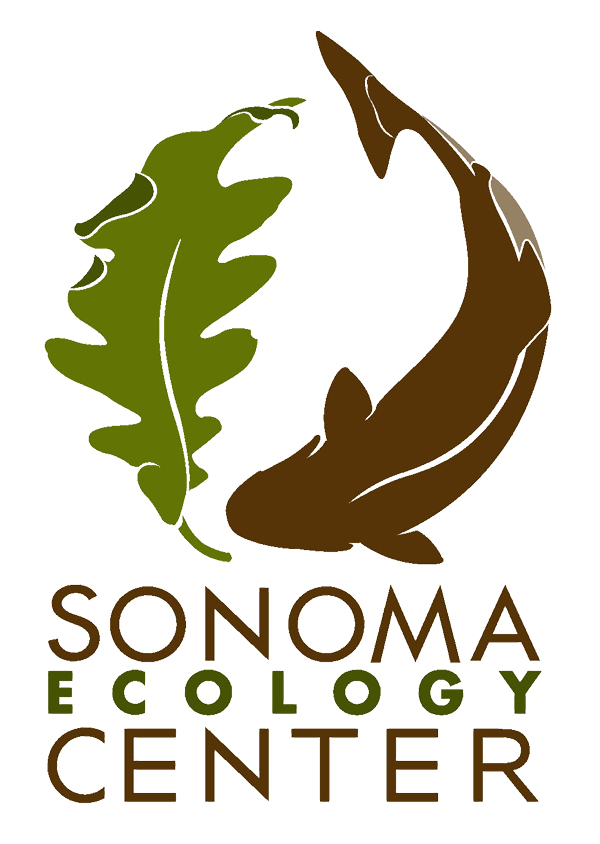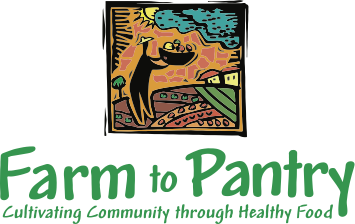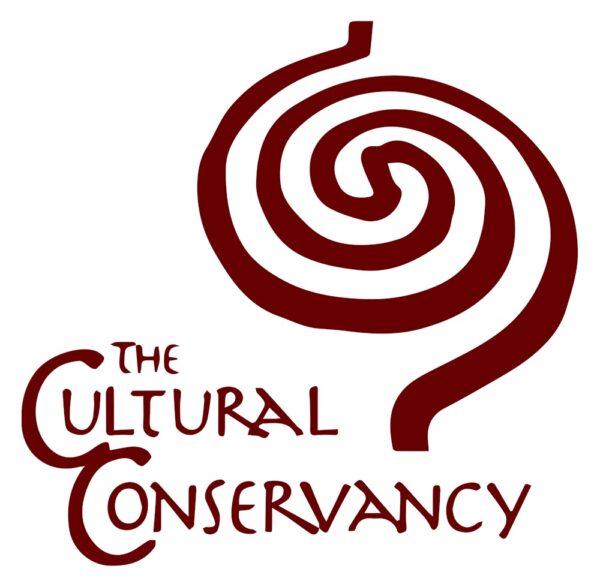LandPaths mission is to foster a love of the land in Sonoma County. We engage more than 8,000 community members each year with our (3) core initiatives – Rooting Youth in Nature, Branching Out Conservation for Everyone, and Growing Community with Nature. These complimentary initiatives get youth from marginalized communities outside for recreation and science based nature exploration, connect families to the natural world through our Community Gardens and Vamos Afuera program, and engage volunteers in stewarding the land we manage to benefit the land while nourishing our volunteers.
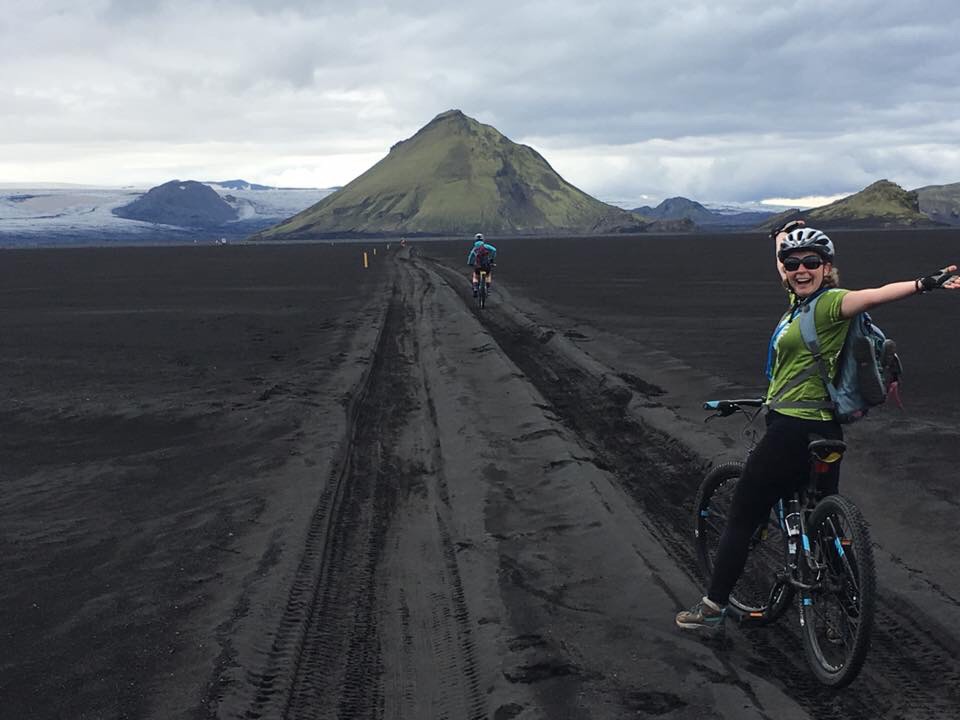
Ride for Soil and Land Conservation
Sonoma Land Trust protects the scenic, natural, agricultural and open landscapes of Sonoma County for the benefit of the community and future generations by: Developing long-term land protection strategies; Promoting private and public funding for land conservation; Acquiring land and conservation easements; Practicing stewardship, including the restoration of conservation properties; and Promoting a sense of place and a land ethic through activities, education and outreach.
SEC leads community-driven efforts to address challenges related to water supply and quality, open space, rural character, biodiversity, energy, climate change, and a better quality of life for all residents. Their mission is to work with the community to identify and lead actions that achieve and sustain ecological health in Sonoma Valley and to create measurable benefits in land, water, climate, and biodiversity. They envision a future where—people, land, water, and wildlife —thrive. Through strategic, collaborative approaches, SEC empowers communities to protect and revitalize the valley’s resources.
SEC manages public spaces like Sugarloaf Ridge State Park and Sonoma Garden Park, offering guided hikes and educational programming for diverse audiences. They monitor the Sonoma Watershed’s health, restore, and stabilize stream banks with native plants, and organize community creek clean-ups. SEC strategically strengthens biodiversity with initiatives like the Sonoma Valley Wildlife Corridor and habitat restoration projects. Critter cameras at Sugarloaf Ridge State Park help map wildlife movement, contributing valuable data for conservation efforts.
Community engagement forms a core aspect of SEC’s work, offering watershed education programs to all Sonoma Valley schools and expanding into Santa Rosa at no cost to students or teachers. The “”EnviroLeaders”” vocational program provides youth with hands-on natural resource work experience. Senderos Naturales invites Latino families to connect with nature through bilingual guided walks and campouts. Furthermore, the Sonoma Valley Collaborative unites diverse community leaders to tackle housing affordability and sustainability issues.
Through these diverse initiatives, SEC nurtures informed, empowered, and resilient communities, safeguarding Sonoma Valley’s land, water, climate and biodiversity for present and future generations.
Established in March, 2021, EARTHseed Farm is a 14-acre organic orchard located on the ancestral lands of the Coast Miwok and Southern Pomo Peoples of the Federated Indians of Graton Rancheria in Sonoma County, California. With the permission and blessings from Graton Rancheria Tribe, our farm is operated and rooted in Afro-Indigenous permaculture principles and built on the long legacy of earth wisdom traditions of people of African descent. EARTHseed’s mission is to employ restorative practices to live in right relationship with our Earth and more than human kin, while healing generations of historic harms. We connect environmental education to ecological design, with an AfroIndigenous framework to offer a place of sanctuary, learning, and connection for members of our community including youth, the elderly, black farmers, and others. EARTHseed hosts a diverse range of communities, with a special focus on serving communities of African Descent as well as other communities of color.
Farm to Pantry began with a walk around a Healdsburg neighborhood. Our founder, Melita Love, saw so many fruit trees in her neighbors’ yards with once beautiful fruit rotting on the ground beneath them. She thought what a shame it was to see waste like that when 1 in 4 people in Sonoma County are facing food insecurity. So, she DID something about it. In 2008, the nonprofit Farm to Pantry was launched to serve a need in our local community: to provide a continuous supply of fresh, healthy produce to our most vulnerable neighbors who lack access to it by cultivating a community of growers and volunteers. The mission then and now is to bring together communities to end food injustice and reverse global warming by rescuing and sharing locally-grown food with those who have been systematically marginalized. We envision a just food system in which everyone has access to healthy food that honors and nourishes our community and heals the planet through eliminating food waste.
Greenbelt Alliance educates, advocates, and collaborates to ensure the Bay Area’s lands and communities are resilient to a changing climate. Greenbelt Alliance has been serving this region for over 65 years and has protected its people, lands, and communities from threats like sprawl development to climate change. Over the last seven years alone, this organization has protected over 70,000 acres of open space lands from development and spurred the approval of 19,000 climate SMART—Sustainable, Mixed, Affordable, Resilient, Transit-Oriented–homes.
In Sonoma County in particular, Greenbelt Alliance is focused on building resilience to wildfire and extreme heat by working with community members and government agencies to implement nature-based solutions like wildfire buffers and green schoolyards that will protect communities and the County’s most vulnerable residents.
The Cultural Conservancy (TCC) is a Native-led Indigenous Rights nonprofit organization based in San Francisco, CA. Since our founding in 1985, our mission is to protect and revitalize Indigenous cultures, empowering them in the direct application of traditional knowledge and practices on their ancestral lands. TCC works with California Indian communities, American Indian Nations, Kānaka Maoli and other Pacific Islanders, and Indigenous communities in Central and South America. From our flagship Native Foodways program to our Native Media work, TCC partners with Indigenous communities on cultural revitalization projects that are shaped by community requests and guided by our Native Advisory Council of Traditional Knowledge Holders, community leaders, and land-care practitioners.
Our work uplifts traditional land practices and Native Foodways through the revitalization of cultural knowledge and ancestral lands. We work with Native community members, from Native farmers and Traditional Ecological Knowledge holders to families with gathering traditions and youth leaders tending their first land projects. By creating opportunities and increasing access to healthy lands and waters, we facilitate community-led transformation for Native communities struggling with food access, land displacement, and a lack of access to practice land-based traditions as an avenue to physical, spiritual, and cultural health. We also work to grow those opportunities and deepen collaborations nationally and internationally, with Native food sovereignty groups such as the Native American Food Sovereignty Alliance, Traditional Native American Farmers Association, the Intertribal Agricultural Council, and the Slow Food Turtle Island Association and Slow Food International networks.
